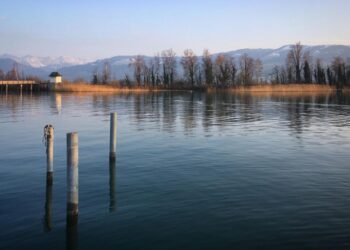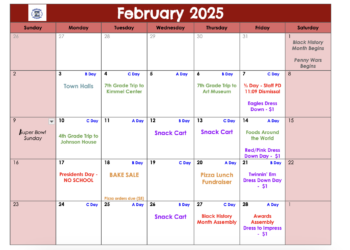Imagine you’re walking into a dimly lit pub. The atmosphere is rustic, warm, and welcoming with dark wood floors, walls and furniture. As you look around, you don’t see the steps ahead of you in the shadows and trip on the first riser, which blends into the surroundings. Instead of a nice meal, you have a busted knee and a sprained wrist.
Welcome to the world of premises liability.
When you go to a business or someone else’s property, they have a duty to ensure everything is safe for the people inside. Here is everything you need to know about premises liability, experiencing a slip and fall accident, and navigating the road ahead.
What Is Premises Liability?
Premises liability is a legal term that refers to incidents when someone receives an injury on someone else’s property. As mentioned, people have a right to safety when visiting someone else’s business or home. While there are many cases of residential premises liability suits, commercial premises liability is far more common.
It’s important to understand what constitutes premises liability. Generally speaking, the term refers to injuries that should have been prevented by the property owner. In other words, the owner’s negligence led to the injury.
For example, if the wooden stairs were dimly lit with no reflective yellow tape or targeted illumination, the proper steps were not taken to prevent that busted knee and sprained wrist. Conversely, if you step out of your favorite coffee shop and someone runs into you with their bike, that’s another legal issue altogether.
What Are The Most Common Types Of Premises Liability?
The most common type of premises liability is a slip and fall accident. In fact, slip and fall accidents are one of the leading causes of injury nationwide. While this is a serious issue for anyone, it’s even more severe for senior citizens who are more susceptible to these injuries, and whose lives could be grievously impacted.
While slip and falls are the most common, they aren’t the only type of injury under the premises liability umbrella. If your dog bites the Amazon delivery person, for example, or one of your employees experiences an electrical shock from a poorly maintained appliance, you could be held liable.
Who Should Care About Premises Liability?
Everyone should care about premises liability to some extent. If you’re a homeowner, you could be liable if someone trips on the cracked concrete walkway on the way to your door or if a neighbor slips on ice you haven’t cleared. As business owners come into contact with more people, they should be especially aware of the risks.
You should also be concerned as a regular citizen minding your business as you walk down the street. It’s essential to have a basic concept of premises liability so that you recognize the signs if you get injured. Many people feel silly or embarrassed after experiencing a slip and fall accident, and their shame prevents them from seeking damages. Furthermore, it’s common for a property owner to cast blame or gaslight someone who was injured, in order to avoid a lawsuit. If you don’t know what premises liability is, you could be convinced that you don’t have a case.
What Should I Do If I’m Injured?
If you experience a slip and fall injury or other issue related to premises liability, you should call an attorney right away. Most reputable attorneys will review your case for free and tell you whether you have a viable case or not. Many people aren’t aware of this and believe that asking an attorney to review their potential claim will be expensive.
There’s always a chance that you won’t have a case. If you ignored the wet floor signs because you were scrolling through TikTok and people witnessed it, pursuing a case may not be worth it. However, skilled attorneys always know what details to look for when evaluating a claim. Was that puddle caused by a roof repair that should have been completed months ago? Was the amount of water on the floor excessive or spread away from the sign? You’ll never know if you have a case until you ask.
It’s also important to be mindful of what you say following the incident. Don’t say anything that could be perceived as claiming fault (for example, apologizing for the inconvenience), and minimize your interactions with the property owner as much as possible.
How To Prevent Injury Lawsuits
Property and business owners should be proactive in preventing injury lawsuits by doing their due diligence to keep the environment safe. Some examples of a proactive approach include:
- Ensuring everything is up to code with local regulations
- Marking steps and uneven ground with bright tape or paint and signs
- Marking wet areas and cleaning them as soon as possible
- Ensuring debris is removed from floors and paths
- Using proper ice and snow removal tools and techniques during the winter (plowing, adding salt to melt ice, etc.)
- Ensuring all furniture is properly mounted
- Scheduling regular inspections of appliances, electronics, etc.
- Holding proper training and creating safety policies around activities (i.e., proper knife handling in restaurants, closing doors after pulling files from cabinets)
- Taping down tripping hazards like wires and rugs
You should also be proactive as someone entering a premises to watch out for potential hazards while avoiding distractions, such as your phone.
With this information, you can protect yourself and others from premises liability injuries.







